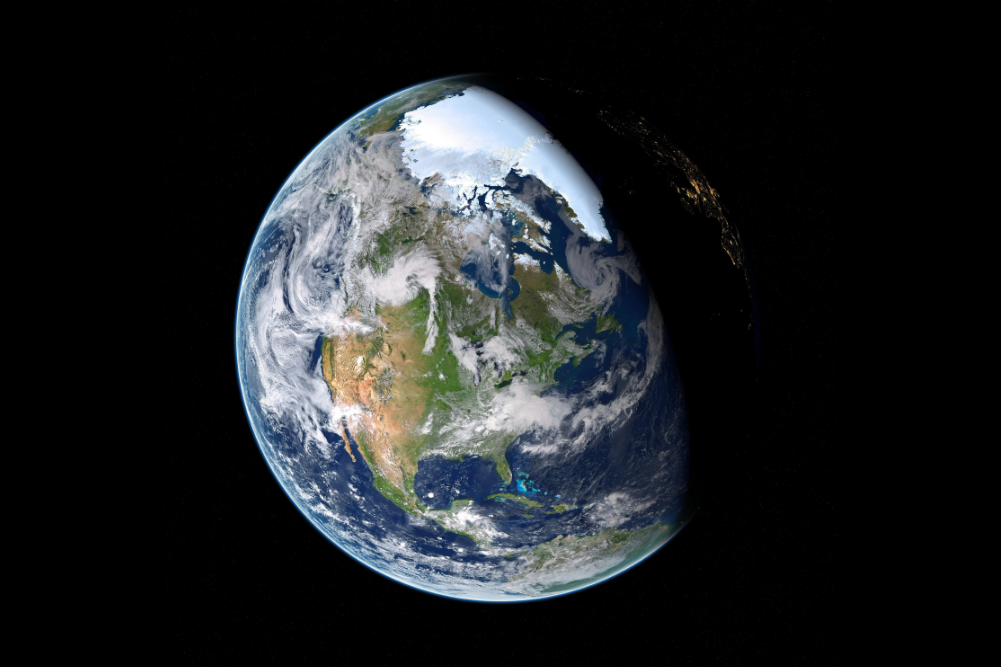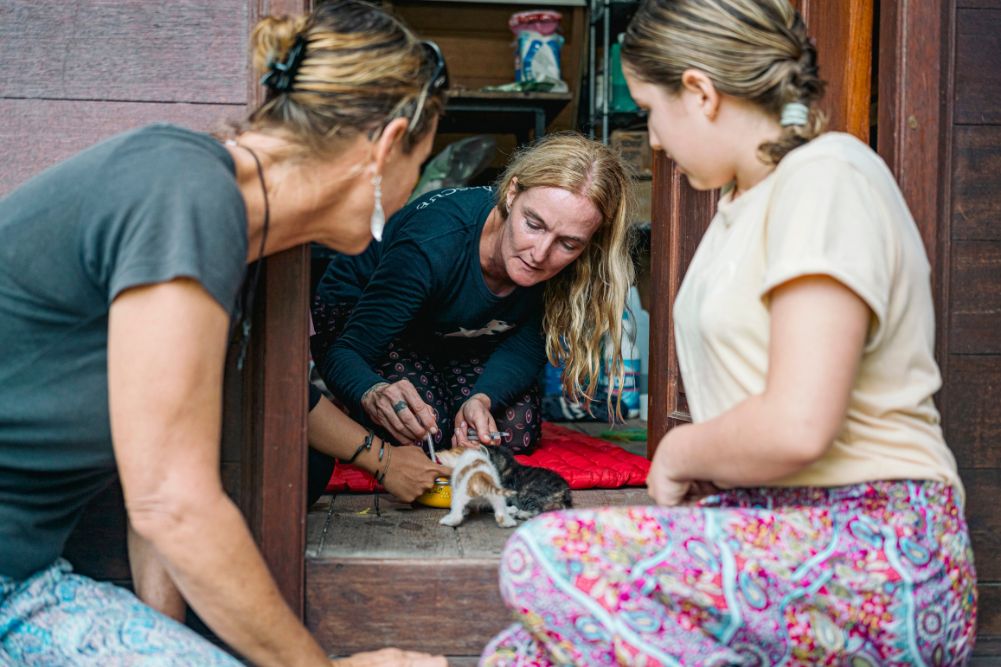The link between food and climate change
Sometimes it can feel like climate change has become nothing more than an intellectual concept to be debated, and the phrase “fiddling while Rome burns” springs to mind, but this time it is the planet (not Rome) and all of us (not just Nero) who are fiddling. Climate change has real effects and one of these, the effect on food, has been highlighted in a new United Nations report.
The report Climate Change, Global Food Security, and The US Food System is a result of work from the US Department of Agriculture and includes contributions from the University Corporation for Atmospheric Research including 19 federal, academic and non-government organisations.
Warmer temperatures will also have a negative effect on food storage and increase safety risks.
The report focused on identifying climate change impacts on food security (the ability of people to obtain sufficient amounts of nutritious food) through to the year 2100. It found that warmer temperatures and altered rainfall will threaten food production, disrupt transport systems and reduce food safety. According to the report’s authors, if greenhouse emissions continue to increase then climate change will be a primary challenge for both producing and distributing food.
Specifically, the report found that wealthy populations are less at risk but regions like Africa and South-East Asia will be hardest hit. However, even for nations like the US and Australia, it will mean changes in the type and cost of food available for import. Warmer temperatures will also have a negative effect on food storage and increase safety risks. In a worst-case scenario, the number of people at risk of undernourishment will increase from today’s figure of 805 million to around 980 million by 2080, which is alarming by comparison to the drop in people facing undernourishment by about 1 billion people since the 1980s.
Climate change is no mere idea, it is real and present danger (as the lingo of the day likes to phrase it). This report emphasises that we need to act, not debate, and just as important as dealing with climate change itself is thinking about our food systems and surely local food must be part of our long-term food future.








